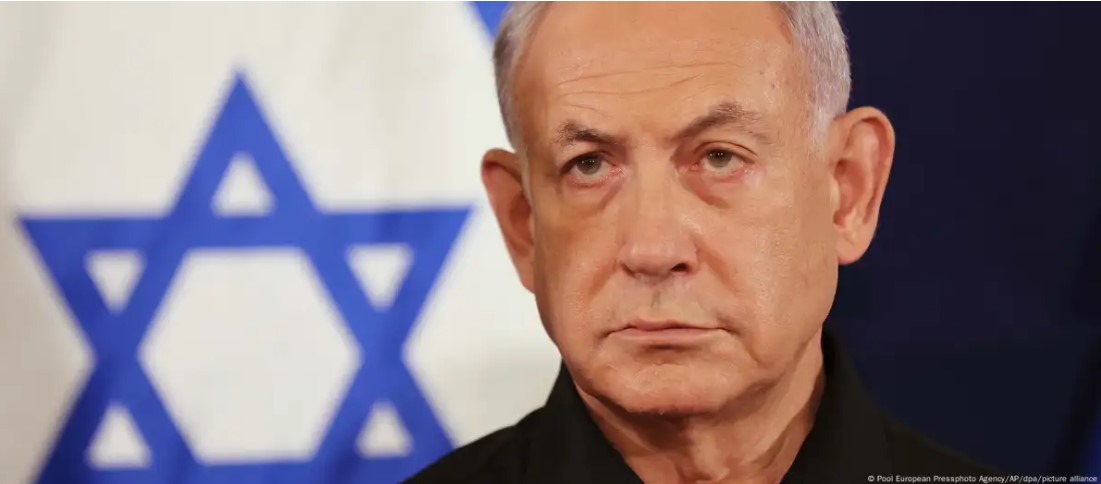Israeli Prime Minister Benjamin Netanyahu announced on Tuesday evening that his security cabinet would adopt a ceasefire to end over a year of escalating hostilities with Hezbollah, including two months of intense warfare in Lebanon. The truce, under immense pressure from the United States, the European Union, the United Nations, and the G7, aims to halt cross-border violence and bring temporary stability to the region.
A move toward diplomacy
The ceasefire proposal, reportedly crafted with U.S. mediation, outlines a 60-day truce during which Hezbollah and Israeli forces would withdraw from southern Lebanon. This would allow the Lebanese army to deploy in the area, monitored by an international committee. The arrangement builds upon United Nations Resolution 1701, which ended the 2006 Israel-Hezbollah war and restricts non-state military presence along the Lebanese-Israeli border.
Netanyahu emphasized that Israel retains full freedom to act in Lebanon should Hezbollah violate the truce. “This agreement will allow Israel to focus on the Iranian threat,” he said, reaffirming the broader security priorities of his government.
Escalating conflict in Lebanon
The announcement followed Israel’s most extensive air raids on Beirut and its southern suburbs, strongholds of the Iran-backed Hezbollah. The strikes came just hours before the truce, killing at least ten people according to Lebanese authorities. In response, Hezbollah launched over 20 projectiles into northern Israel, prompting Israeli ground operations near the Litani River to push Hezbollah forces further north.
Humanitarian toll
The prolonged conflict has taken a devastating toll on Lebanon, with over 3,800 deaths and nearly 900,000 displaced, according to Lebanese health officials and the United Nations. The crisis has also hit northern Israel, where the ongoing hostilities displaced over 60,000 residents, and 82 Israeli soldiers and 47 civilians lost their lives over the past 13 months.
In Gaza, where Israeli operations continue unabated, at least 44,249 people, mostly civilians, have been killed since October 2023, according to UN-verified data. The humanitarian situation in Gaza remains dire, with winter compounding the suffering of displaced families lacking food, water, or shelter.
International backlash and domestic challenges
Global leaders have lauded the truce as a step toward de-escalation. However, it faces criticism from Netanyahu’s right-wing allies, such as National Security Minister Itamar Ben Gvir, who called the ceasefire “a grave mistake.” Protests erupted in Tel Aviv, with citizens arguing that Hezbollah remains a significant threat.
Despite opposition, the agreement marks a significant pause in a conflict that has reverberated across the region. Yet, with unresolved tensions and fragile trust between the parties, the success of this ceasefire depends on robust enforcement and international oversight.
For the civilians affected, the truce offers a glimmer of hope after months of devastation. However, the road to lasting peace in the region remains fraught with challenges.
